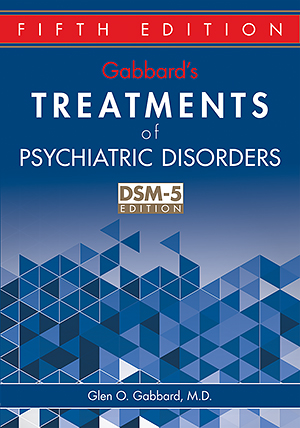Sections
Excerpt
Psychotherapy has a long history in the treatment of mood disorders. Only in the past 20 years have manualized psychotherapies been submitted to empirical evaluation in randomized trials. In this chapter, we highlight several methods that have been found to be effective in unipolar and bipolar disorders: cognitive therapy, interpersonal and social rhythm therapy, psychodynamic psychotherapy, family-based interventions (including family focused therapy), and group psychotherapy. Although the coverage is not exhaustive, the reader will see common threads in the way that mood disorders are approached in psychotherapy.
Access content
To read the fulltext, please use one of the options below to sign in or purchase access.- Personal login
- Institutional Login
- Sign in via OpenAthens
- Register for access
-
Please login/register if you wish to pair your device and check access availability.
Not a subscriber?
PsychiatryOnline subscription options offer access to the DSM-5 library, books, journals, CME, and patient resources. This all-in-one virtual library provides psychiatrists and mental health professionals with key resources for diagnosis, treatment, research, and professional development.
Need more help? PsychiatryOnline Customer Service may be reached by emailing [email protected] or by calling 800-368-5777 (in the U.S.) or 703-907-7322 (outside the U.S.).



